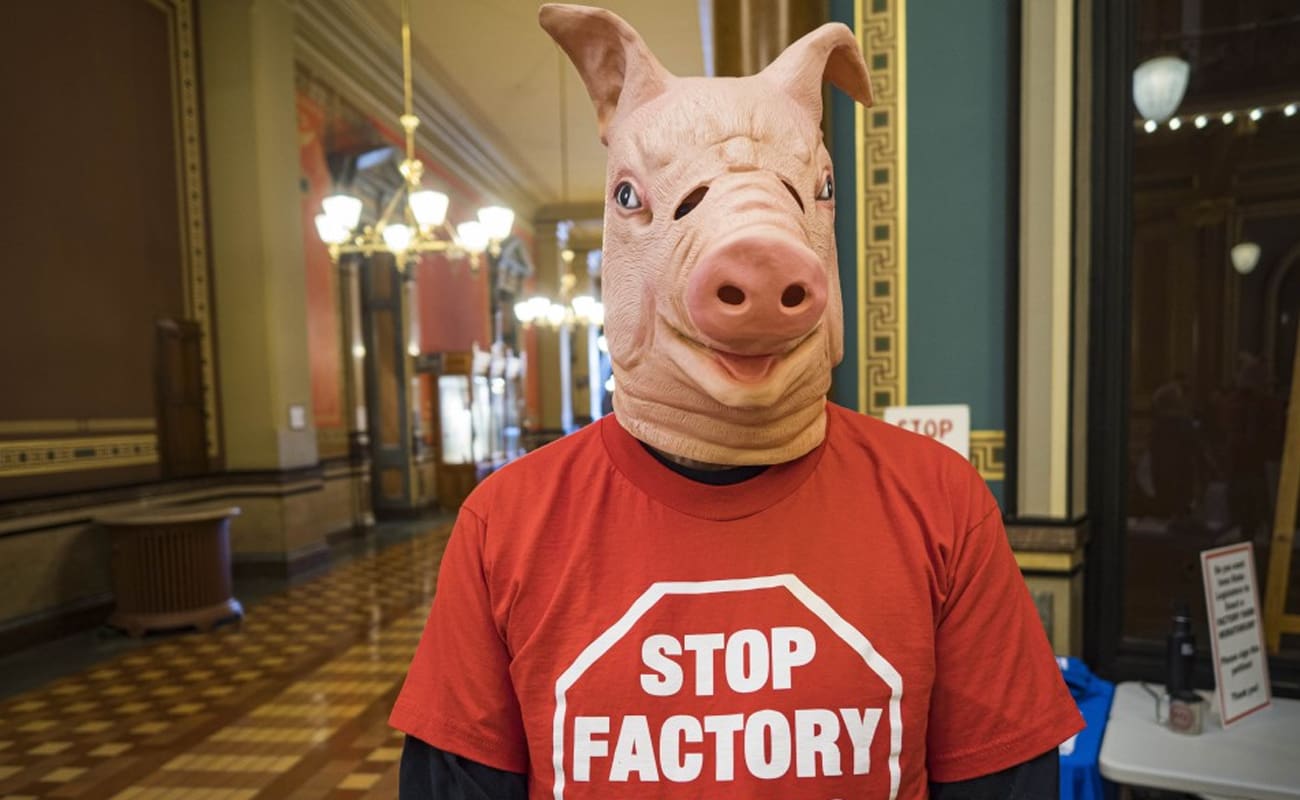Animal cruelty encompasses a wide range of practices where animals are subjected to neglect, exploitation, and intentional harm for human purposes. From the brutality of factory farming and inhumane slaughter methods to the hidden suffering behind entertainment industries, clothing production, and experimentation, cruelty manifests in countless forms across industries and cultures. Often concealed from public view, these practices normalize the mistreatment of sentient beings, reducing them to commodities rather than recognizing them as individuals with the capacity to feel pain, fear, and joy.
The persistence of animal cruelty is rooted in traditions, profit-driven industries, and societal indifference. Intensive farming operations, for instance, prioritize productivity over welfare, reducing animals to units of production. Similarly, the demand for products such as fur, exotic skins, or animal-tested cosmetics perpetuates cycles of exploitation that disregard the availability of humane alternatives. These practices reveal the imbalance between human convenience and the rights of animals to live free from unnecessary suffering.
This section examines the broader implications of cruelty beyond individual acts, highlighting how systemic and cultural acceptance sustains industries built on harm. It also underscores the power of individual and collective action—ranging from advocacy for stronger legislation to making ethical consumer choices—in challenging these systems. Addressing animal cruelty is not only about protecting vulnerable creatures but also about redefining our moral responsibilities and shaping a future where compassion and justice guide our interactions with all living beings.
As advocates for animal welfare, we believe it is crucial to shed light on the disturbing reality of animal mistreatment within the confines of these farming practices. Our aim is to raise awareness, promote compassion, and work towards ending animal cruelty in factory farms. Join us as we uncover the hidden truth and explore the impact of factory farming on animal welfare. Why Animal Welfare Matters in Factory Farming Animal welfare is a crucial aspect to consider in factory farming. Increasing awareness about animal welfare in factory farming is essential because it directly impacts the wellbeing of animals. Factory farming practices can often compromise animal welfare, which is both a moral and ethical concern. The Disturbing Reality of Animal Cruelty in Factory Farms Animal cruelty is unfortunately a common occurrence in factory farms. These establishments often prioritize profit over animal welfare, leading to various forms of cruelty. The conditions in …


























































